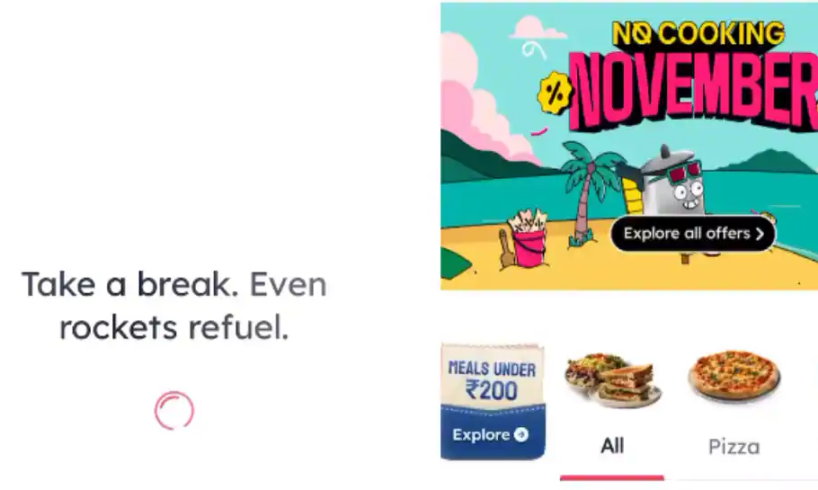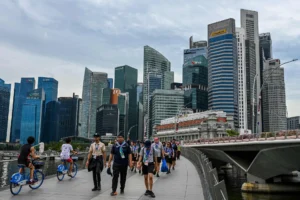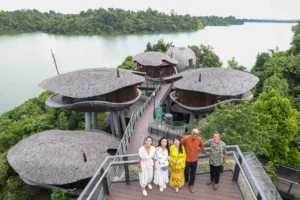
A recent complaint by a Delhi restaurant owner has sparked online discussions about the fairness of food delivery platforms, particularly Zomato’s rider allocation system. The issue came to light after a video shared on X (formerly Twitter) on November 23 went viral. In the video, Gagandeep Singh Sapra, owner of Tadka Rani in Greater Kailash 1, alleged that his restaurant is often shown as “unavailable” during peak hours—even though delivery partners appear to be available for other nearby outlets.
Sapra claims this situation has persisted for more than a month despite repeated attempts to escalate the matter with Zomato’s team. His video and subsequent statements have fueled conversations about transparency, delivery app algorithms, and the growing dependency of small restaurants on online platforms for business.
Viral Video Accuses Zomato of Unfair Rider Allocation
Add Zee News as a Preferred Source
In the video, Sapra recorded his phone screen to show that when he searched for Tadka Rani on the Zomato app, it appeared as unavailable. The notification displayed read: “Closed right now: Sorry! All delivery partners are occupied. Please try after some time.”
However, when he searched for other restaurants located just a short distance away—around 50 meters—those outlets were active, accepting orders, and had delivery partners available.
In his post, Sapra wrote, “Here’s video proof of how rider allocation is being manipulated at @zomato. For 31 days, we’ve escalated this and nothing has changed. Our restaurant is repeatedly shown as ‘unavailable’ at peak hours while nearby outlets within 50 meters keep getting riders. This isn’t ‘dynamic allocation’—it’s system-level bias. @deepigoyal.”
Here’s video proof of how rider allocation is being manipulated at @zomato .
For 31 days we’ve escalated this, and nothing has changed. Our restaurant is repeatedly shown as ‘unavailable’ at peak hours while nearby outlets within 50 meters keep getting riders.
This isn’t… pic.twitter.com/syHpTkvVsi
— Gagandeep Singh Sapra (@TheBigGeek) November 23, 2025
Allegations of Commission Pressure
The controversy deepened when an X user asked why such a situation would occur. Responding to the query, Sapra accused Zomato of indirectly pressuring restaurants to accept higher commission rates.
According to him, “It’s all a game to increase our commission—from the current 52+% they take on sales to possibly 99% per order. The greed is not ending, and Goyal Babu is unable to control the loose cannons in his team who are rigging the system.”
His claims quickly caught the attention of Zomato CEO Aditya Mangla, who addressed the matter publicly. Mangla replied, “@TheBigGeek — thank you for sharing this. I’m getting this checked.”
Sapra expressed gratitude but also highlighted his frustration, stating, “Thank you, Aditya ji, it means a lot that you reached out. I have written to all your team members and have had several meetings. Yesterday was the 31st day, and no one seems to see a resolution.”
The controversy surrounding Gagandeep Singh Sapra’s allegations has opened up a wider conversation about transparency, fairness, and accountability in India’s food delivery ecosystem. As more small and independent restaurant owners voice similar concerns, the pressure on platforms like Zomato to ensure unbiased rider allocation and clear communication continues to grow.
With the CEO now directly addressing the issue, many will be watching closely to see whether this incident leads to meaningful change—or fades away like many unresolved complaints in the industry. For now, Sapra’s viral post has sparked an important debate that could reshape how restaurants and delivery platforms work together in the future.





